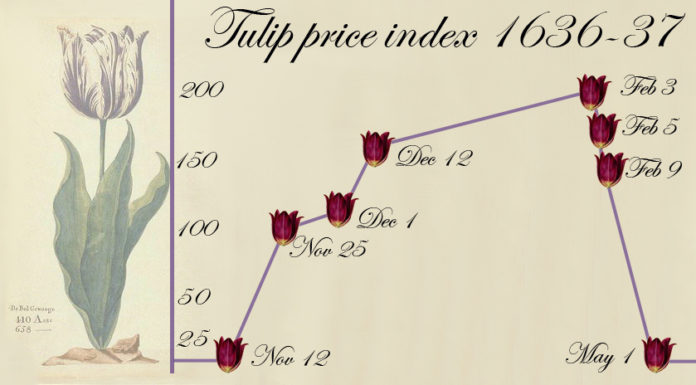For various reasons, people seek novel and non-traditional investments to add to their portfolio. Litigation funding, or litigation finance, is a small, but growing, trend for investors who want to capitalise on the expanding world of litigation and arbitration.
Litigation funding in a nutshell
Normally, you would think that a lawsuit or arbitration only involves the parties affected and their advisors. This is true, but if someone wants to take another to court or to arbitration, they often have upfront costs they will have to pay. Many people assume that all lawyers will work on contingency (getting paid only if they win), but this is not true. In some countries, contingency representation is not even possible as it is against the law.
To help facilitate cases where a party lacks funds to finance their legal costs, financiers now offer litigation financing where they invest a certain amount for a percentage of whatever award is won. If that party loses, the fund loses its investment. Some think that litigation funding is predatory and sullies the legal system, while others applaud it as an innovation that creates a more egalitarian process.
Nevertheless, this has not always been an option for litigants, and litigation funding so far is only really available in the UK, US, Australia, and just recently allowed in Singapore and Hong Kong. These are the major financial and arbitration centres for global commerce, so it would make sense that they would be the main focus for litigation funds. But, as class actions and similar consumer actions become more prevalent in other countries, you may see litigation funding expand. There are even sites that employ crowd-funding to help financially strapped litigants get their day in court.
Is litigation funding right for you?
Funding a lawsuit may seem predatory, but there are those that point out how litigation finance can help parties seek justifiable claims who may not be able to afford the initial legal fee required.
“As the world grows more litigious and more people want to assert their rights when they feel they’ve been wronged, lawyers and arbitrators are there to step in, but most won’t do it out of the kindness of their hearts,” comments Richard Cayne of Meyer International. “Litigation finance is there to help level the playing field for all parties while offering the chance for investors to pitch in and get paid.”
But how do you determine which firm to invest in? Can you pick which disputes or do you join a pool? Is litigation financing even allowed in your jurisdiction? Before deciding, you should consult with a trusted advisor like Richard who can outline various options and strategies for investing in litigation funding.














